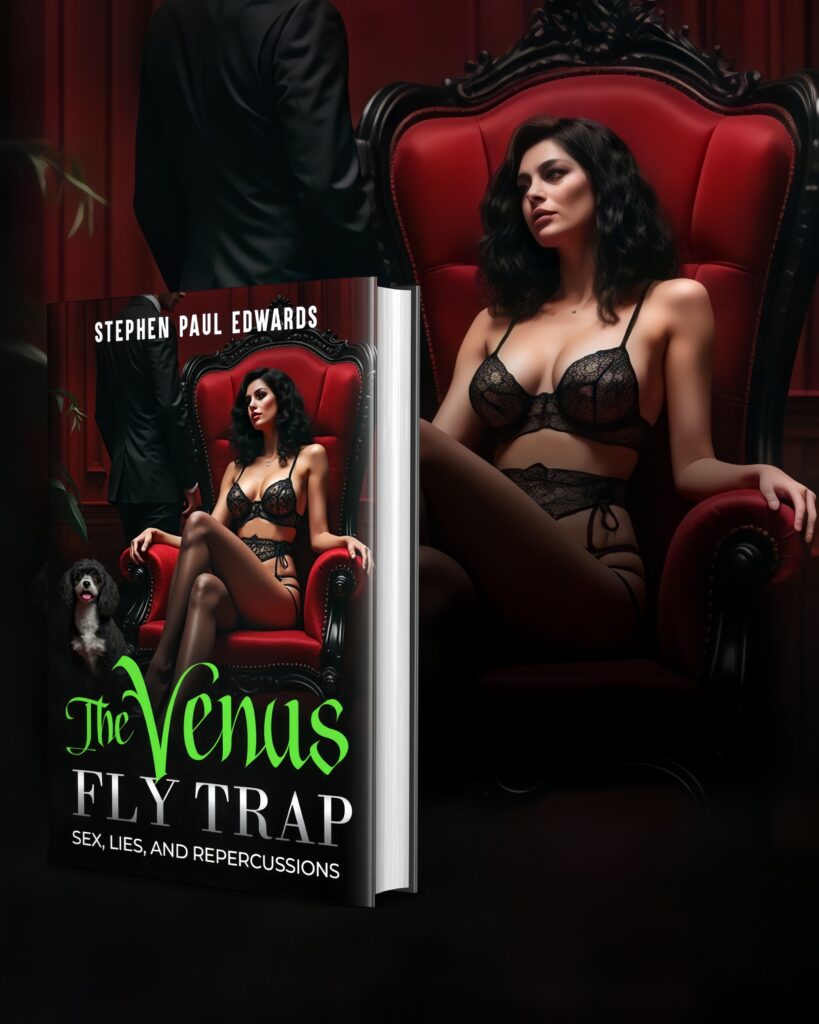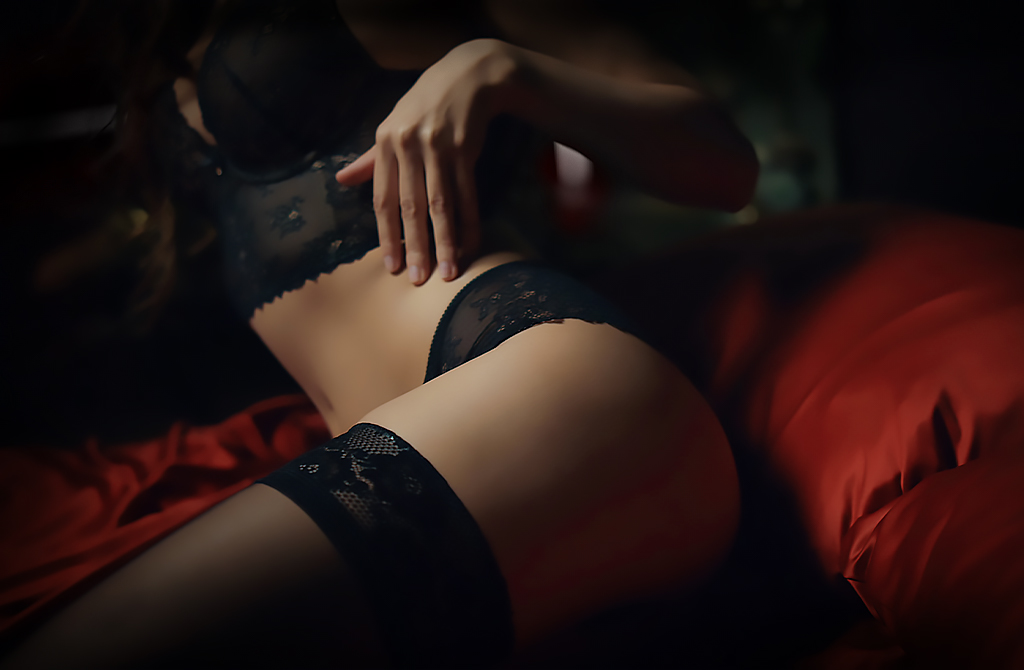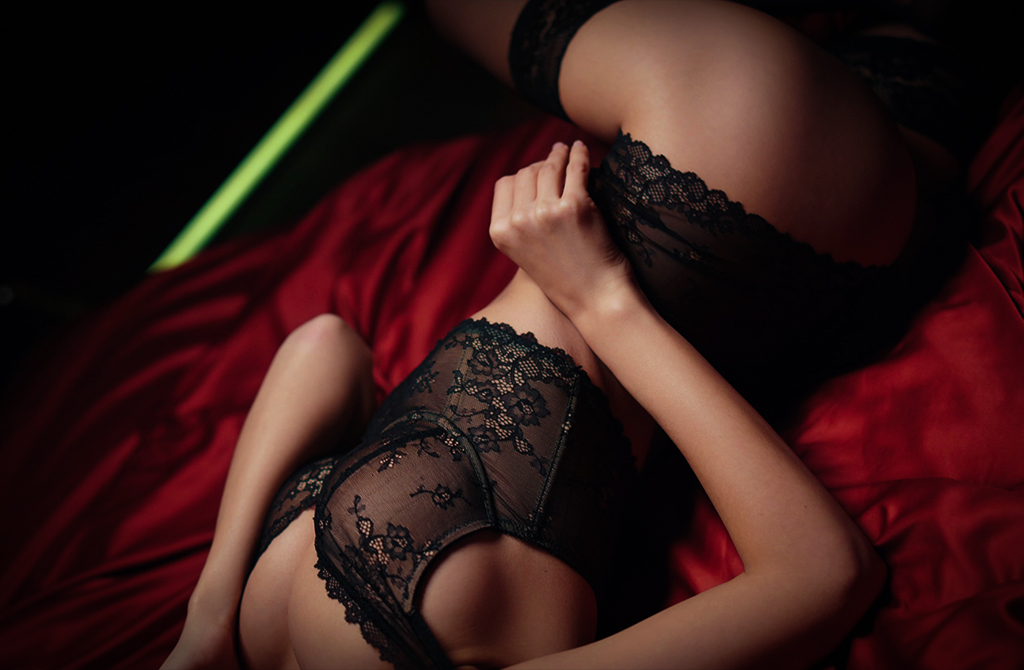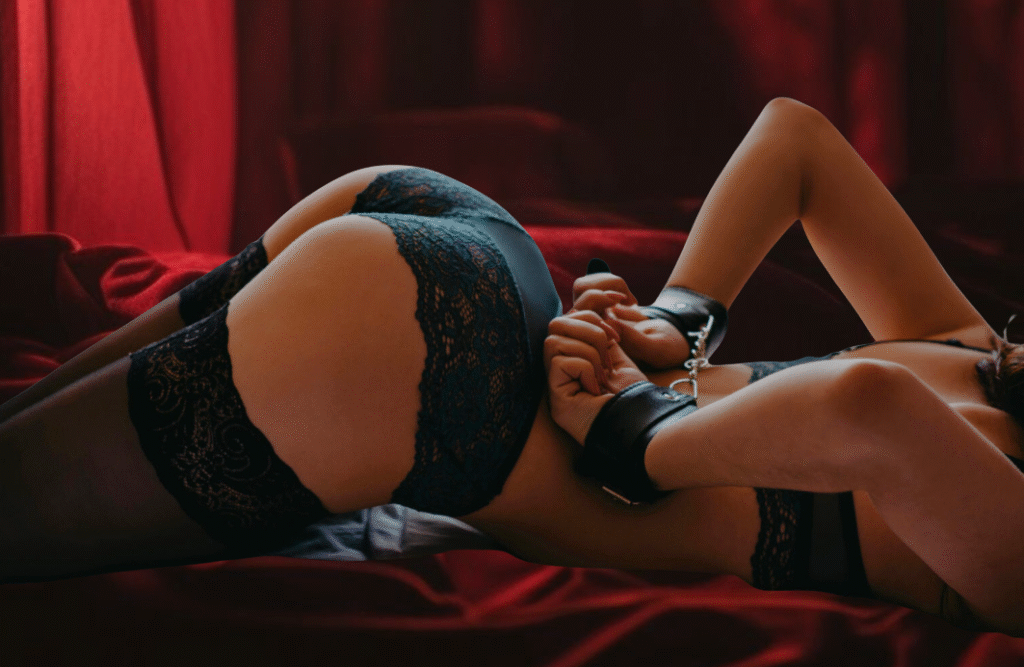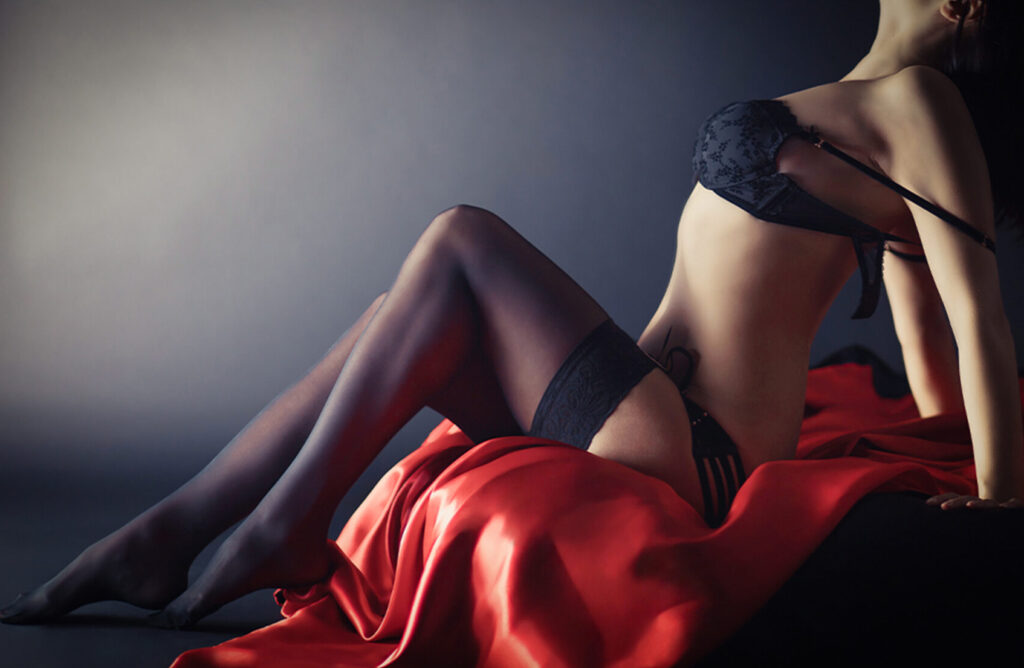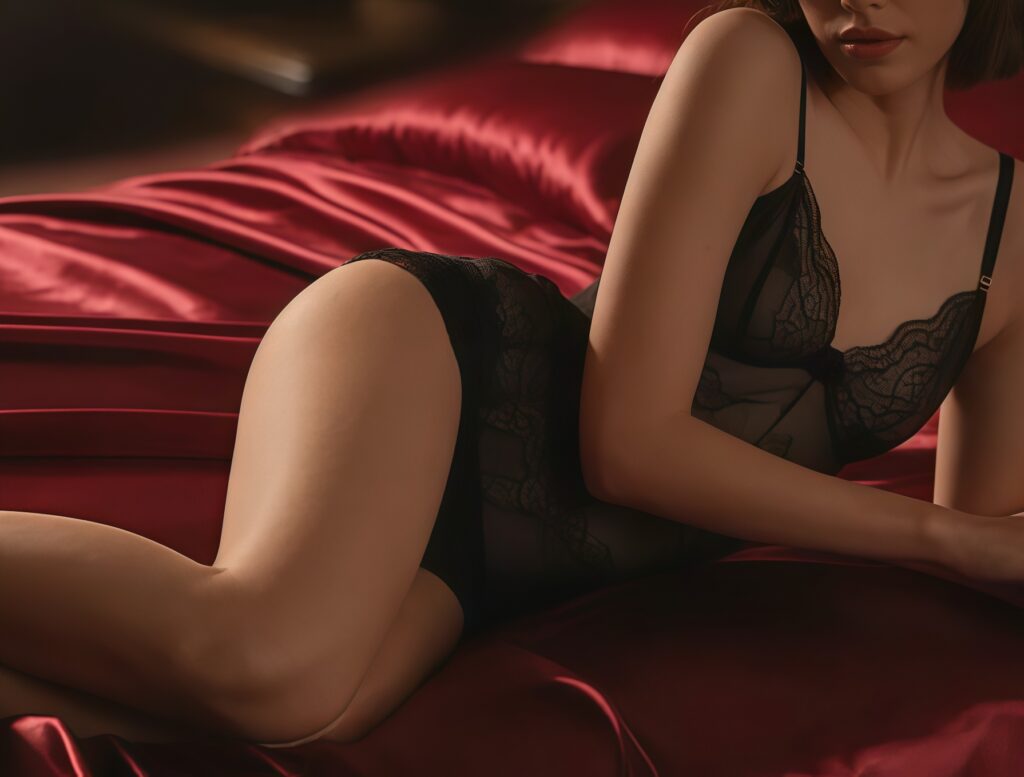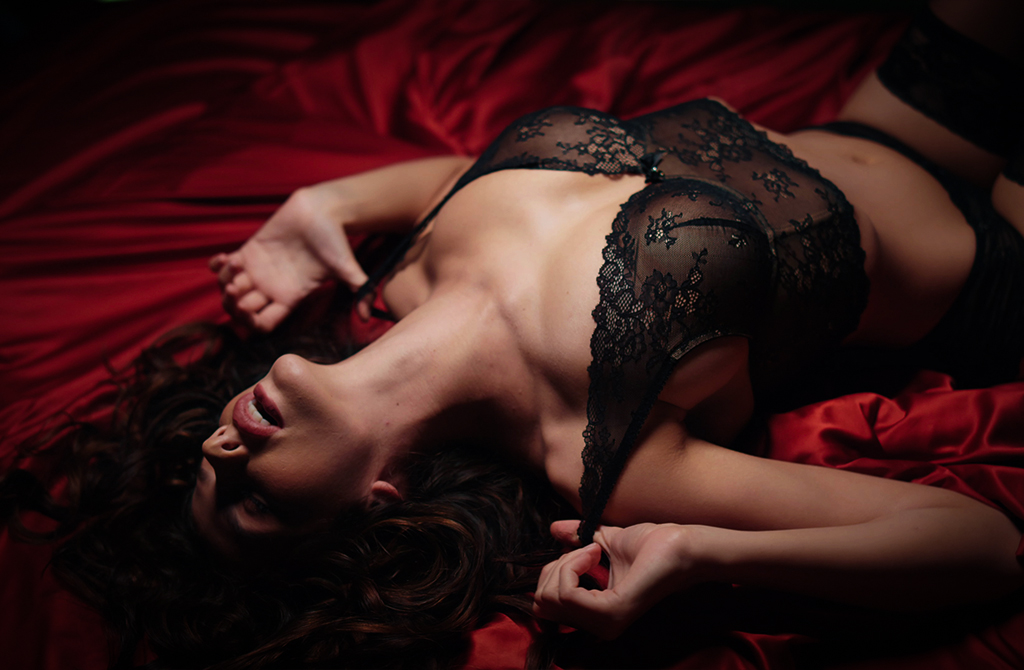
When Love Becomes a Trap
Love. The word itself feels warm, intoxicating, irresistible. We chase it, we dream of it, we build our lives around it. But here’s the uncomfortable truth: sometimes love doesn’t set us free — it traps us.
That’s one of the central themes in The Venus Fly Trap. Love can feel like the sweetest nectar, but hidden inside the beauty there can be teeth, waiting to snap shut. And often, we’re the ones who step willingly into the jaws.
The Illusion of Safety
When we fall in love, our brains flood with chemicals that convince us we’re finally safe, finally seen. The world tells us love will fix everything: loneliness, insecurity, even the baggage we’ve been dragging for years.
But love built on illusion is fragile. When we cling to the fantasy instead of the reality, we stop seeing the other person clearly. Instead, we project what we want them to be — savior, soulmate, escape hatch.
That’s not love. That’s a trap disguised as salvation.
Why We Stay Even When It Hurts
One of the hardest questions I wrestled with while writing my memoir was this: Why did I stay so long in situations that were clearly toxic? Why do any of us?
The answer is complicated. Part habit, part fear, part addiction. We stay because leaving means facing ourselves. If the relationship fails, then we can no longer blame the other person for our unhappiness. We have to look in the mirror.
And sometimes, let’s be honest, the trap feels thrilling. The drama, the danger, the intensity — it can mimic passion. But passion without trust is just adrenaline dressed up as intimacy.
The Venus Fly Trap Metaphor
The plant is beautiful. Its colors are vivid. Its scent is alluring. To the insect, it looks like paradise. But the moment it lands, the jaws close, and escape becomes almost impossible.
That’s how some relationships work. You step in, intoxicated by beauty, attention, or lust. You convince yourself you’re in control, but slowly, the trap closes. The rules shift, your freedom shrinks, and what felt like safety becomes suffocation.
The Signs of the Trap
If you’ve ever asked yourself, “Why do I feel smaller around this person instead of bigger?” — you might be in a trap.
Other signs include:
- Walking on eggshells. You edit your words, your behavior, your truth, just to keep the peace.
- Losing yourself. Your hobbies, friendships, and dreams fade as the relationship consumes all the oxygen.
- Confusing intensity with intimacy. Arguments followed by passionate make-ups may feel exciting, but they don’t build trust.
- Fear of leaving. You can’t imagine life without them, even though you can’t imagine happiness with them either.
I lived all of these. And writing about them became my way of cutting through the denial.
Breaking the Cycle
Here’s the hardest part: we often recreate the traps we grew up around. If chaos was our normal, calm feels foreign. If manipulation was our language, honesty feels awkward.
The first step to freedom is awareness. Naming the trap. Seeing it for what it is. The second step is courage — and courage often means walking away before you have the perfect plan, before you know how the story ends.
Leaving a trap doesn’t guarantee instant happiness. But staying guarantees you’ll keep bleeding.
Lessons From My Own Traps
In The Venus Fly Trap, I didn’t spare myself. I admitted to the ways I built my own cages, how I mistook lust for love, how I let charm blind me to truth.
It wasn’t about blaming others. It was about recognizing my patterns — and maybe helping readers recognize theirs. Because until you see the trap clearly, you’ll keep stepping into the same one, over and over.
Love That Liberates
Here’s the good news: love doesn’t have to be a trap. Real love doesn’t shrink you; it expands you. Real love doesn’t demand your silence; it invites your voice. Real love isn’t a prison; it’s a place where you feel most free.
But you can’t find that kind of love if you’re still tangled in the jaws of a Venus flytrap relationship. Sometimes, the bravest act of love is letting go.
Final Thought
When love becomes a trap, it’s not really love at all — it’s fear, dressed up in pretty colors.
